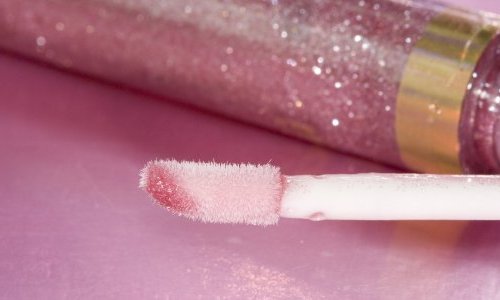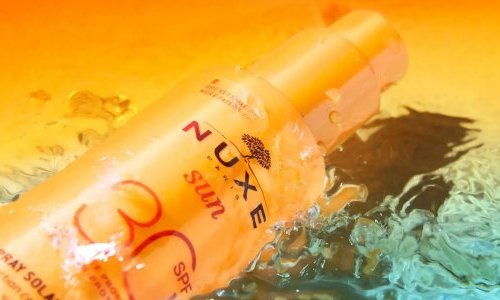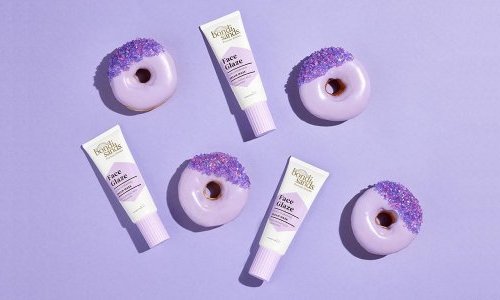The ad claimed that Church & Dwight’s Arm and Hammer Enamel Care Sensitive toothpaste would “not just mask the [sensitivity] problem but fix it”. The ad continued by stating the Arm and Hammer Enamel Care Sensitive toothpaste “fixes the cause of sensitivity by sealing teeth and closing off exposed nerves”.
Church & Dwight’s competitor GlaxoSmithKline challenged the claims arguing they are medicinal and should not be made unless the product held a marketing authorisation from the Medicines and Healthcare products Regulatory Agency (MHRA).
Last year, GlaxoSmithKline had to discontinue magazine adverts for its Sensodyne Total Care Extra Fresh toothpaste. The ads claimed the toothpaste was a “mode of treatment for sensitivity” and showed a photo of a doctor with the words “Dentists recommend Sensodyne for sensitive teeth”.
Church & Dwight said the product did not hold a marketing authorisation from the MHRA as it was not deemed necessary after a careful evaluation of the ad at the production stage with the consultancy of a dentist. They indicated however that decided whether or not the claims could be considered medicinal were a matter of interpretation and ultimately a matter for the MHRA.
ASA did not consider evidence for the efficacy of Arm and Hammer Enamel Care Sensitive but after having consulted the MHRA concluded that Church & Dwight had made medicinal claims without holding the appropriate marketing authorisation, and therefore breached the Code of Advertising Practices. Upon ASA’s request, the ad should not be broadcast again until Arm and Hammer have obtained the relevant marketing authorisation.




























